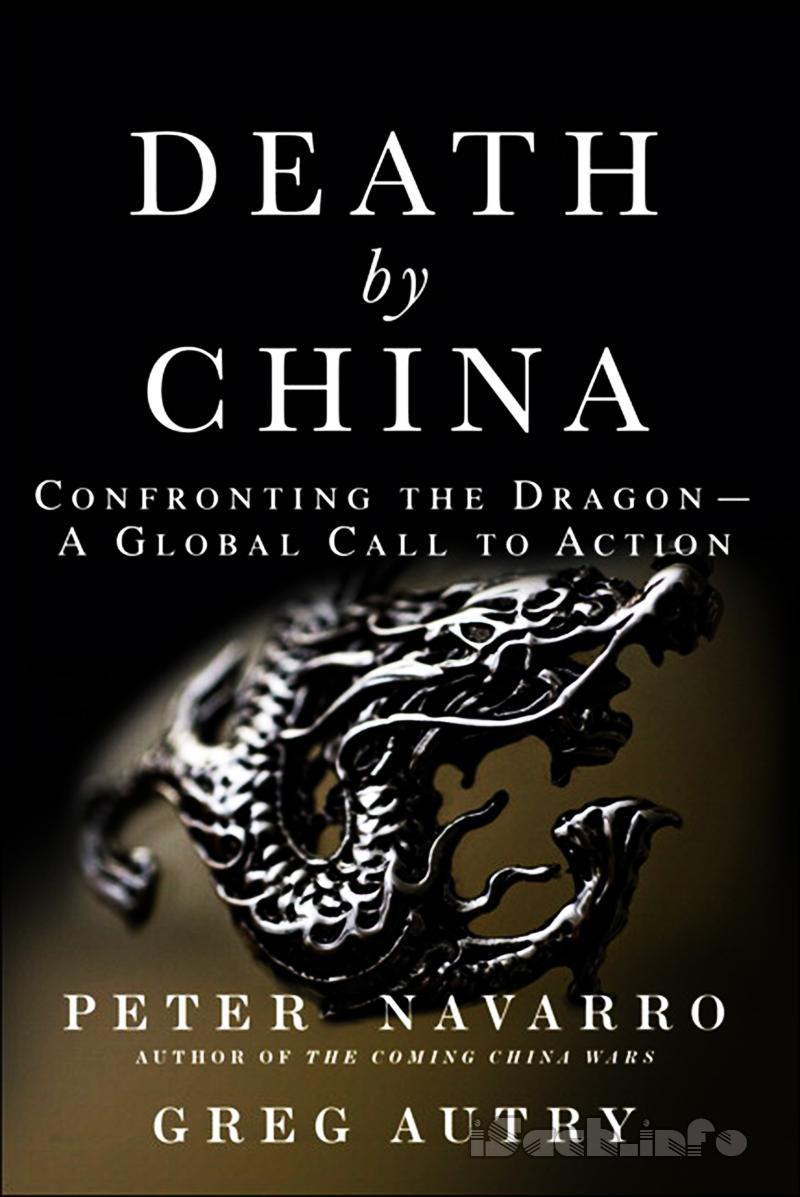Epilogue
B
ack in 1984, I had the task of writing speeches for Ronald Reagan’s trip to China. This was the first such outing by an American president since Richard Nixon established relations with the Communists in 1972, and it came during a period of great promise and significant progress in Chinese politics.At the time, China’s leader Deng Xiaoping appeared to be sincerely moving Mao’s isolationist prison state toward the community of modern, democratic nations and away from conflict with the West. In response, American companies like Coca-Cola, KFC, and Proctor and Gamble were beginning to plant roots in China, and Chinese exports to the U.S. were growing—yet at this point offered no cause for alarm.
As long as that process of democratic and economic liberalization in Chinese continued, America was right to respond with further engagement. However, as you have just read in this book, that liberalization process ended abruptly in June 1989 with a parade of tanks and a bloody showdown in Tiananmen Square.
Since Tiananmen, a ruthless and reactionary Chinese Communist Party has used any means necessary to remain firmly in power. Today, behind the façade of a “peaceful rise,” a far too trusting American nation has been maneuvered into a highly dysfunctional trade relationship with China that is inexorably destroying our manufacturing base and rapidly degrading our ability to defend ourselves from China’s rising military threat.
Despite the growing threat from China—and in a remarkably misplaced case of bipartisan support—American presidents from Bush I and Clinton to Bush II and Obama have continued to pursue engagement with Beijing as though the relationship were quite normal. And that is the fundamental flaw in Sino–U.S. relations: Our politicians continue to treat China’s leaders as if they were our democratic friends from Europe or Japan, when in fact this is a murderous gangster regime no better than Ahmadinejad’s Iran or Gadhafi’s Libya and every bit as brutal as Stalin’s Russia.
I can assure you that if Ronald Reagan were president today, he would stand up to the totalitarians in Beijing as he once did to the Soviets. There would no “most favored nation” status and no crippling reliance on China to finance our government budget. There would be swift justice for Chinese spies, strong sanctions against Chinese cyberwarfare, and zero tolerance for mercantilist practices such as currency manipulation. There would also be repeatedly expressed diplomatic outrage at China’s crass commercial use of its UN veto power to acquire key natural resources from rogue nations. And just as Ronald Reagan insisted to Mr. Gorbachev to “tear down that wall,” he would proclaim to the Chinese people, “We are on your side, not the side of your oppressors.” And he would assure American workers that, “We are not going to ship your job to Guangzhou for products made more cheaply because of slave labor, illegal export subsidies, blatant piracy, and an undervalued yuan.”
In fact, history has already taught us the harshest of lessons about what can happen when we in the community of democratic nations allow ourselves to be seduced by the “economic miracle” of a rising totalitarian power. Indeed, during the Depression-ravaged 1930s, many American business executives were lured to Germany by a seductive mix of cutting-edge technologies, ultra-nationalism, and state capitalism eerily similar to that available in today’s China.
During Germany’s earlier version of a “peaceful rise,” brilliant but naïve conservative businessmen like Henry Ford invested huge sums and built large factories in the Third Reich. Of course, the German government first chipped away at Ford’s control290 with everything from domestic content requirements to the ethnic cleansing of management. Eventually, the company was renamed Ford-Werke, put under complete government control, and used to quite literally transport the German war machine during the blitzkriegs of neighbors ranging from Poland, Denmark, and Norway to the Netherlands, France, and Greece.
At about this same time, “enlightened” liberals were flocking to tour the then-new Soviet Union, and muckraking journalist Lincoln Steffens famously came back announcing, “I’ve seen the future, and it works!”291 Caught up in the excitement, Henry Ford ran to build a new auto plant292 at Gorky to participate in this brave new market. Of course, this, too, was a totalitarian sham, and Ford was ripped off again.
In light of this history—and the profound portrait of today’s China so accurately painted in this book—business and political leaders from Detroit and Washington to Paris, London, and Tokyo should all be having a serious sense of déjà vu about what is happening now. So as you finish this book and prepare to respond to its urgent call to action, please remember two things:
First, every day, tens of millions of successful Chinese individuals from San Francisco and Toronto to Singapore and Taipei demonstrate that the Chinese people and Chinese culture can thrive in free societies. When people are beaten, tortured, or killed to hold onto power or when foreigner investors and business partners are lied to and their trade secrets and technologies are pirated, that isn’t “Chinese.” It is simply wrong.
Second, each of us would do well to carefully consider the implications in the following exchange between Chinese Premier Zhou En Lai and U.S. Secretary of State Henry Kissinger in a 1973 meeting during the genesis of normal relations with Communist China:
Zhou: Perhaps it is the national character of the Americans to be taken in by those who seem kind and mild.293Perhaps it is the national character of the Americans to be taken in by those who seem kind and mild.
Kissinger: Yes.
Zhou: But the world is not so simple...
Indeed...
—Congressman Dana Rohrabacher,
46th district (Rep, CA)



 ePub
ePub A4
A4